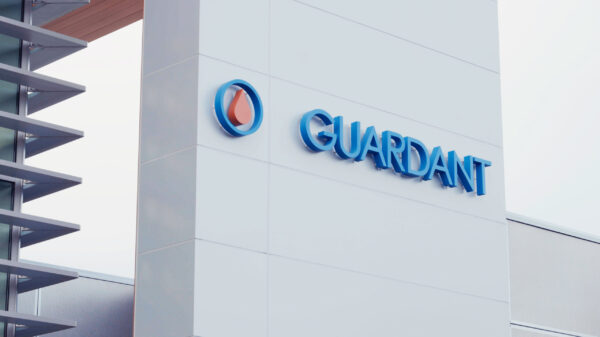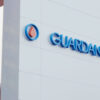A British Columbia resident living in the City of Surrey wants to inspire more people to get themselves screened for lung cancer. She received an unexpected diagnosis one week before her 40th birthday and is now engaged in a difficult fight against the disease.
Adrienne Peralta never saw it coming. She doesn’t smoke, exercises and lives a healthy lifestyle.
By the time she was diagnosed, the disease had progressed into its fourth and final stage. Peralta is now involved with a clinical trial that aims to help treat the condition. The 5-year survival rate for Stage 4 non-small cell lung cancer (NSCLC) is only about 7 per cent while small cell, the more deadly variation, is merely 3 per cent. It is generally considered to be incurable when it is this advanced.
Research completed by the BC Cancer Foundation in 2019 determined that Asian women are more likely to be diagnosed than others. Peralta thinks exposure to air pollution during her younger years in Southeast Asia may have contributed.
“Half of my life I was in the Philippines,” she said earlier this year, “where air quality is a concern.”
Another significant factor that can cause non-smokers to develop lung cancer is radon. A recent and alarming University of Calgary-led study determined that approximately 28.3 per cent of BC and Yukon homes have unsafe levels of the naturally occurring radioactive gas. About 3,000 Canadians die from radon-linked lung cancer annually, Health Canada has estimated.
One-third of lung cancer cases in BC manifest in non-smokers. Second-hand smoke is estimated to cause a significant number of cases, accounting for over 10 per cent of the total number. Asbestos exposure is also a notable factor.
Read more: Breath Diagnostics onboards new president and closes critical financing
Read more: Breath Diagnostics pioneers novel lung cancer breath test
Modern-day tech is making the battle easier
Lung cancer, being the deadliest of all cancers, has been a key focus for oncology and biotech companies in recent years.
Thankfully, new screening and treatment technologies are continually making the fight against the respiratory condition easier.
Efficacious screening methods that have been providing timely diagnoses include blood biopsies, mucus tests, robotic bronchoscopy tools, AI-powered X-ray analysis and urine examination.
Researchers from the Massachusetts Institute of Technology, for instance, have developed a urine test that detects lung cancer with nanosensors. A company founded by MIT scholars in 2015, Glympse Bio, has developed a similar diagnostics method too.

Image credit: MIT
Also, breath tests. Kentucky-based Breath Diagnostics Inc. and New York’s Memorial Sloan Kettering Cancer Center are known to have created effective breath-testing diagnostics tools for the disease.
The addressable market for lung cancer screening in the United States alone is worth over US$63 billion.
Read more: Kentucky governor recognizes Lung Cancer Awareness Month with formal proclamation
Read more: GRAIL uses lung cancer blood test to determine who needs post-surgery therapy most
Market for treatments is growing significantly
Concerning treatment, one drug in particular has made removing cancer cells in surgery much easier. Cytalux, invented by American researcher Philip Low, has enabled surgeons to clearly view cancer cells using infrared light during their procedure. It received FDA approval to treat the condition two years ago.
The American Lung Association recently recognized Low for his innovative invention.
In August, the FDA approved the usage of lazertinib with amivantamab as a first-line treatment for NSCLC. The former is an oral therapeutic and the latter is administered by IV. This combo treatment has been shown to reduce the risk of disease progression and death by about 30 per cent.
At the end of that month, UK researchers started the world’s first lung cancer vaccine trial. Like the coronavirus vaccine, it utilizes mRNA technology.
Research and Markets has predicted that the international lung cancer therapeutics industry will be worth nearly twice as much as it is now by the end of the decade.
rowan@mugglehead.com














